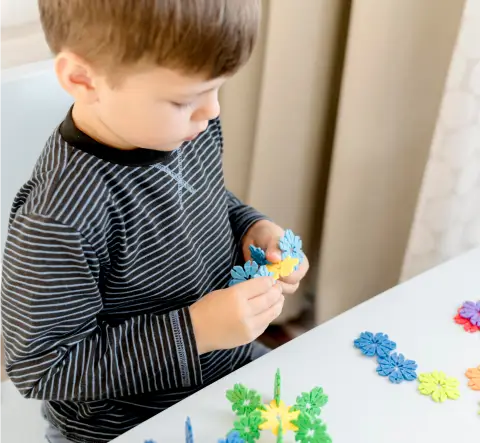Navigating the Diagnosis and Early Intervention
Receiving a diagnosis of autism can be overwhelming, but it’s also an important step in understanding your child’s needs and finding the right resources. Early intervention is crucial in helping children with autism reach their full potential. The earlier a child receives support, the better the outcomes are likely to be.
Steps to Take After a Diagnosis:
Seek Professional Guidance: Connect with a pediatrician or a developmental specialist to discuss your child’s diagnosis. These professionals can help you understand the nature of autism and recommend appropriate therapies and interventions.
Pursue Early Intervention Services: Early intervention programs focus on improving communication, social skills, and daily functioning. These services may include speech therapy, occupational therapy, and applied behavior analysis (ABA).
Get Informed: Learn about autism and how it affects your child. Reading books, attending workshops, and connecting with other parents can help you feel more confident in your ability to support your child.
Join Support Networks: Connecting with other parents and caregivers who are navigating similar experiences can provide emotional support, advice, and valuable resources.




